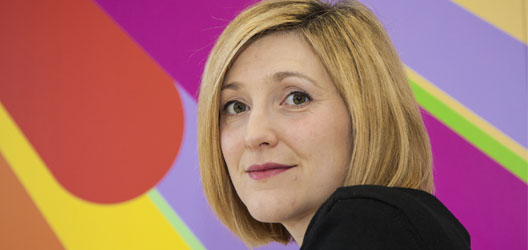15 Dec 2016
£1m project will capture British Asians’ memories of Partition
A Loughborough researcher has received a prestigious £1m award to capture cultural memories of Partition amongst the British Asian community.
Dr Emily Keightley has received the Leverhulme Research Leadership Award which will enable her to conduct ground-breaking research into this relatively unexplored area which has shaped how South Asians view their role within the wider British community.
The five-year project “Imperial Memory and the Post-colonial Imagination: British Asian Memory, Identity and Community after Partition”, starts next autumn and coincides with the 70th anniversary of the Partition in India. It will explore how community identities, including a sense of Britishness, are produced and articulated by South Asian people in the UK through cultural and social practices and processes of remembering the 1947 Partition.
The Leverhulme Research Leadership Awards are bestowed by the Leverhulme Trust every five years to outstanding researchers for a significant research project that will establish them as a leader in their field.
Dr Keightley, a reader in media and memory studies in the University’s School of Social, Political and Geographical Sciences, said: “I am delighted to receive this prestigious award that will enable me to take on a major new research challenge. This large, multi-sited project will be a significant departure in the scale and scope of my research, and I am very excited to be working with a wide range of arts and public sector organisations and academic partners in South Asia.
“The project will make a significant contribution to the field of memory studies research by exploring how memories of Partition travel over space and time and the role they play in shaping contemporary community identities.”
Loughborough University Pro Vice-Chancellor (Research) Professor Steve Rothberg added: “Dr Keightley is a rising star amongst Loughborough researchers and this award is clear evidence of that. It’s also an acknowledgement of the world-class work we do in Communication and Culture, and so also a very important award for the whole University. I’m delighted for Emily and look forward to following the project’s progress.”
Dr Keightley’s work forms part of the Media, Memory, and History research cluster in the University’s new Centre for Research in Communication and Culture (CRCC).















